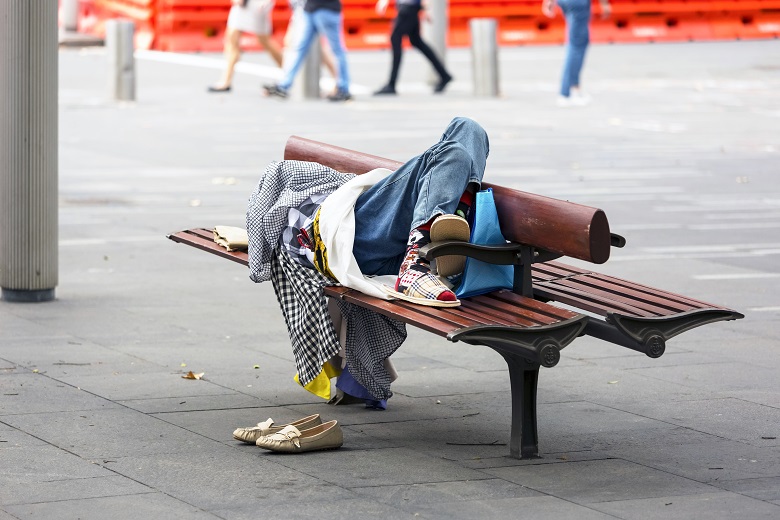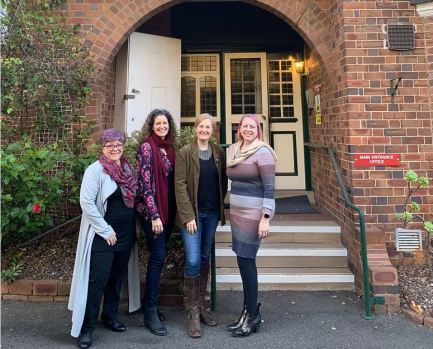
Shoalhaven City Council has created a multi-pronged taskforce that has been tackling homelessness in the region for three years.

Mayor Amanda Findley set up The Homelessness Taskforce Shoalhaven in March 2017 after a homeless woman died alone, which had a huge impact on the community.
“We decided to set up the taskforce in response to that,” Cr Findley, chair of the taskforce, told Government News. Since then it has provided council with strategic advice on homelessness, and has fostered community support and understanding to combat common misconceptions around the issue.
She estimates around 200 people are homeless in the Shoalhaven every night, including rough sleepers and couch surfers. The Shoalhaven region spans 160km of the NSW coast south of Sydney, with a population of over 100,000.
The taskforce, which Mayor Findley believes is one of a kind, has three aims.
The first is to bring the various homelessness services together so funding can reach the right areas.
The second looks at how to best manage rough sleepers at Nowra Showground, an area of grassy paddocks and sheltered caves where those without a home tend to congregate.
Mayor Findley wanted a system that encouraged them to register with a homeless service. “This would allow them to qualify for a free night’s accommodation, and get them engaged with the wraparound services that they need.”
Tenting is no longer permitted at the Showground, in attempt to disperse homeless people across the city – a strategy that works, she says.
“This means that really vulnerable people don’t have to hang out with other really vulnerable people who could be preying on them.”
Third, the taskforce runs a Safe Shelter program, which provides overnight accommodation for up to 15 people per night in a designated building sponsored by council. The program is run by volunteers from church communities.
Extra funding needed
But Cr Findley says extra funding is required for the Safe Shelter to continue to work efficiently with proper staff.
“It would be really great if the state government could come in with additional funding to take the burden off volunteer labour,” Mayor Findley said. “This is a really complicated space that actually needs really well-trained people who can access wraparound services for residents who need assistance.
“We need to make sure people can get into transition homes and access the support and services they need in order to remain housed after coming out of homelessness.”
Extra funding would also go towards a drug and alcohol rehabilitation centre in the Shoalhaven, which Mayor Findley believes is urgently needed to help provide local support to those who are struggling.
She also urges Shoalhaven residents to watch for signs of hardship with friends, colleagues and acquaintances.
“The shift from a stable housing situation to homelessness can be a swift slide … financial crises, family and relationship breakdowns, and a lack of affordable housing are all major risk factors.”
Early intervention in a crisis can mean the difference between getting through a hard time or ending up homeless, Mayor Findley said.
“It is important to check in early with people who are or might be experiencing a significant life event or hardship. A common sign of someone who is homeless is that they are moving from one temporary solution to another, until they find permanent and secure accommodation.”
Comment below to have your say on this story.
If you have a news story or tip-off, get in touch at editorial@governmentnews.com.au.
Sign up to the Government News newsletter



Such a breath of fresh air! Treating people who are homeless with compassion! Better, understanding homelessness as a systemic rather than an individual problem.
Now we need to share this fresh air across other Councils and to the States and Commonwealth . If other Councils get on board, with a united voice they may be able to get some sensible funding and initiatives from the State and Commonwealth.
Let’s hope that September 2020 brings other Councils with a similar attitude to this growing problem.